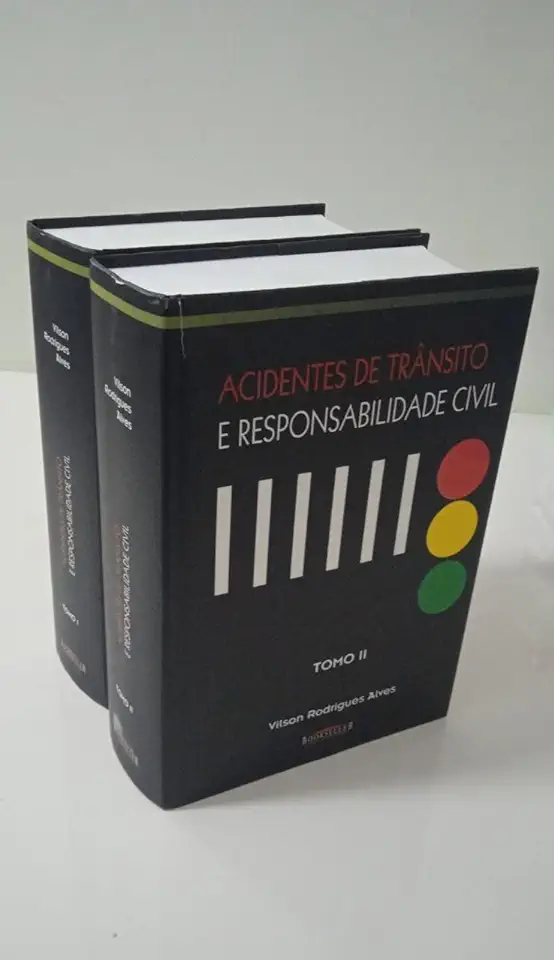
Traffic Accidents and Civil Liability - Vilson Rodrigues Alves
Traffic Accidents and Civil Liability: A Comprehensive Guide
Introduction
In today's fast-paced world, traffic accidents have become an unfortunate reality. These incidents can have devastating consequences, not only in terms of physical injuries and emotional trauma, but also in terms of financial liability. Understanding the legal aspects of traffic accidents and civil liability is crucial for both drivers and victims involved in such unfortunate events.
Understanding Civil Liability in Traffic Accidents
Civil liability refers to the legal responsibility of an individual or organization to compensate another party for damages caused by their actions or negligence. In the context of traffic accidents, civil liability arises when a driver's actions or omissions cause injury or damage to another person or their property.
Key Elements of Civil Liability
To establish civil liability in a traffic accident, several key elements must be proven:
Duty of Care: The driver must have owed a duty of care to the other party involved in the accident. This duty of care requires drivers to act reasonably and prudently to avoid causing harm to others.
Breach of Duty: The driver must have breached their duty of care by failing to meet the expected standard of behavior. This could include actions such as speeding, reckless driving, or failing to obey traffic laws.
Causation: The driver's breach of duty must have directly caused the accident and the resulting damages. There must be a clear causal link between the driver's actions and the harm suffered by the victim.
Damages: The victim must have suffered actual damages as a result of the accident. These damages can include physical injuries, property damage, medical expenses, lost wages, and pain and suffering.
Determining Liability in Traffic Accidents
In traffic accident cases, determining liability can be complex and often requires careful investigation and analysis of the circumstances surrounding the accident. Factors such as witness statements, police reports, accident reconstruction, and expert testimony may be necessary to establish liability.
Common Defenses in Traffic Accident Cases
Defendants in traffic accident cases may raise various defenses to avoid liability, including:
Contributory Negligence: The victim's own negligence may reduce or bar their right to compensation if they contributed to the accident.
Comparative Negligence: In some jurisdictions, the victim's negligence may be compared to the defendant's negligence, and damages may be apportioned accordingly.
Assumption of Risk: The victim may have assumed the risk of injury by engaging in a dangerous activity or by failing to take reasonable precautions for their own safety.
Seeking Legal Assistance
Navigating the legal complexities of traffic accidents and civil liability can be challenging. Seeking the advice and representation of an experienced attorney is crucial to protect your rights and ensure fair compensation for damages suffered.
Conclusion
Traffic accidents can have profound and life-changing consequences. Understanding civil liability and the legal aspects of these incidents is essential for both drivers and victims. By seeking legal assistance, individuals can navigate the complexities of traffic accident cases and pursue fair compensation for the damages they have endured.
Enjoyed the summary? Discover all the details and take your reading to the next level — [click here to view the book on Amazon!]